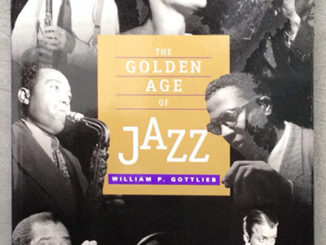April 15 comes quicker than we’d like, so let’s few tax matters to consider.
You’ve invested a significant amount of your time, effort and money into photography, whether as a hobby or as a profession. As such, are you obtaining the appropriate income tax benefits that might be available? Are you reporting the appropriate amount of gross and net income from this endeavor?
For tax purposes, there are basically two groups of photographers: The photo hobbyist and the photo professional, or business person.
The professional’s occupation is generally regarded as a business when the person relies upon, or intends to rely upon, the business for a significant portion of his or her total income. If you fall into this category, then your business related deductions are fully deductible even though they might exceed your income occasionally, creating a loss for that year.
On the other hand, for tax purposes a photo hobbyist is generally someone who derives only a small portion of their total income from photography or who does not intend to rely upon photography to generate a significant portion of their income. These individuals are covered by the “hobby loss” rules under which business related expenses are fully deductible for tax purposes, but only to the extent of income derived from the business. This means that a photo hobbyist will not be entitled to a tax loss from the photography work. It is clear that for tax purposes it is more beneficial to be a business due to the higher deductions allowed. However, this will require the proof of profits or intent to produce profits over a period of years. If your endeavor is marginal between hobby and business you should be aware of the various tests and calculations that the Internal Revenue Service uses to assist in determining the difference. Your “intent” to make a profit however can be an overriding factor to these factors and tests.
As part of showing intent to produce a profit as a business, be sure to act like a business: obtain a business license, stationery, business cards, portfolios, office space and studio, business checking account, business insurance, marketing efforts, etc.
In all cases it is recommended that you consult with a tax advisor or CPA to ensure that you are approaching the photography business most beneficially for maximum tax benefits.
Subscriber Cliff Kolber is a CPA with over 25 years in public accounting, tax planning and tax compliance.
by Cliff Kolber, CPA, Miami, FL




Leave a Reply